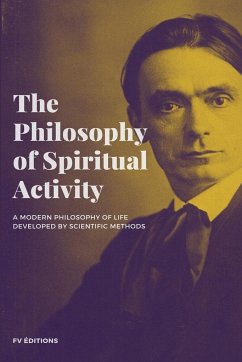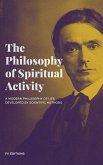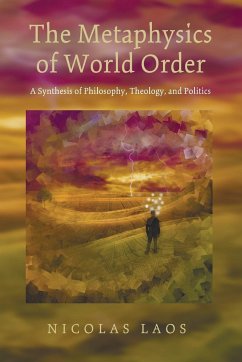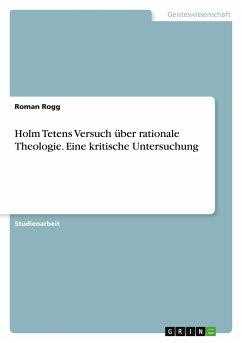The Philosophy of Spiritual Activity (The Philosophy of Freedom) : A Modern Philosophy of Life Developed by Scientific Methods There are two fundamental problems in the life of the human mind, to one or other of which everything belongs that is to be discussed in this book. One of these problems concerns the possibility of attaining to such a view of the essential nature of man as will serve as a support for whatever else comes into his life by way of experience or of science, and yet is subject to the suspicion of having no support in itself and of being liable to be driven, by doubt and criticism, into the limbo of uncertainties. The other problem is this: Is man, as voluntary agent, entitled to attribute freedom to himself, or is freedom a mere illusion begotten of his inability to recognise the threads of necessity on which his volition, like any natural event, depends? It is no artificial tissue of theories which provokes this question. In a certain mood it presents itself quite naturally to the human mind. And it is easy to feel that a mind lacks something of its full stature which has never once confronted with the utmost seriousness of inquiry the two possibilities-freedom or necessity. This book is intended to show that the spiritual experiences which the second problem causes man to undergo, depend upon the position he is able to take up towards the first problem. An attempt will be made to prove that there is a view concerning the essential nature of man which can support the rest of knowledge; and, further, an attempt to point out how with this view we gain a complete justification for the idea of free will, provided only that we have first discovered that region of the mind in which free volition can unfold itself.
Hinweis: Dieser Artikel kann nur an eine deutsche Lieferadresse ausgeliefert werden.
Hinweis: Dieser Artikel kann nur an eine deutsche Lieferadresse ausgeliefert werden.








